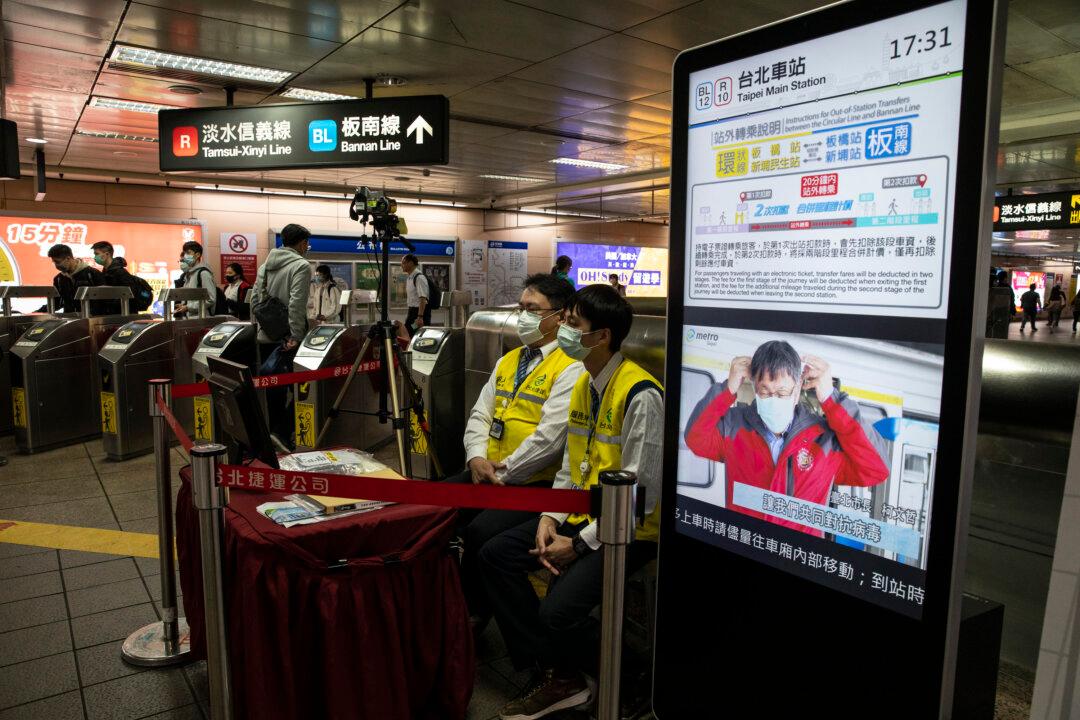Commentary
By demonstrating the advantages of being a stable, well-governed and democratic nation, Taiwan has emerged as a geopolitical winner during the coronavirus crisis.

By demonstrating the advantages of being a stable, well-governed and democratic nation, Taiwan has emerged as a geopolitical winner during the coronavirus crisis.